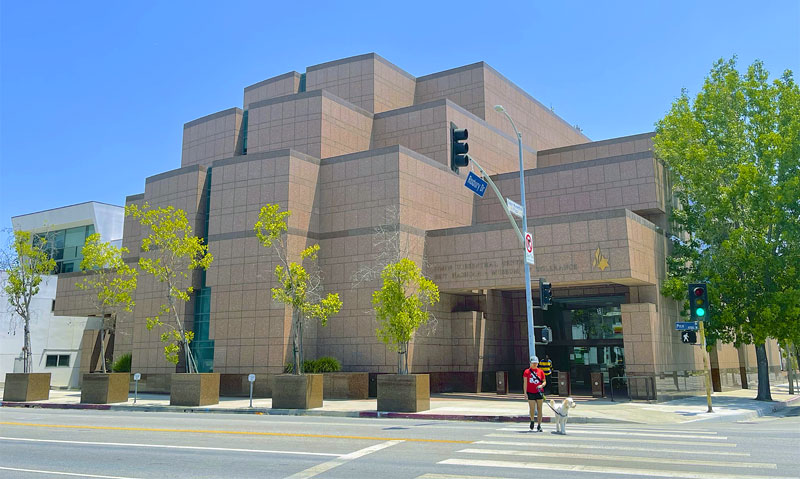 Barry Winiker/Getty Images
Barry Winiker/Getty Images The retirement of famed Nazi hunter Efraim Zuroff from the Simon Wiesenthal Center brings an era to an end. Zuroff, who was instrumental in creating the first exhibit at the Simon Wiesenthal Center in Los Angeles went on to be an Israel-based researcher for the Office on Special Investigation of the Justice Department before returning to the Wiesenthal Center where he assumed the mantle of Simon Wiesenthal as the premier Nazi hunter of his generation. His retirement coincides with the aging out of his task. We now are some 79 years from the liberation of the Nazi death camps and assuming that the perpetrators were above 18, the youngest of them is now 98 and even those who do not believe in heaven would hope that there is scorching place in hell for them.
Others will write well deserved tributes to Zuroff’s indefatigable efforts to use his skills as a historian and his audacity as an activist to bring these criminals to justice. They were global and they were effective and his work should be honored.
As one who has created archives, my concern is with his papers, which contain invaluable historical information and must be preserved for future generations.
Permit me to only cite three examples among many:
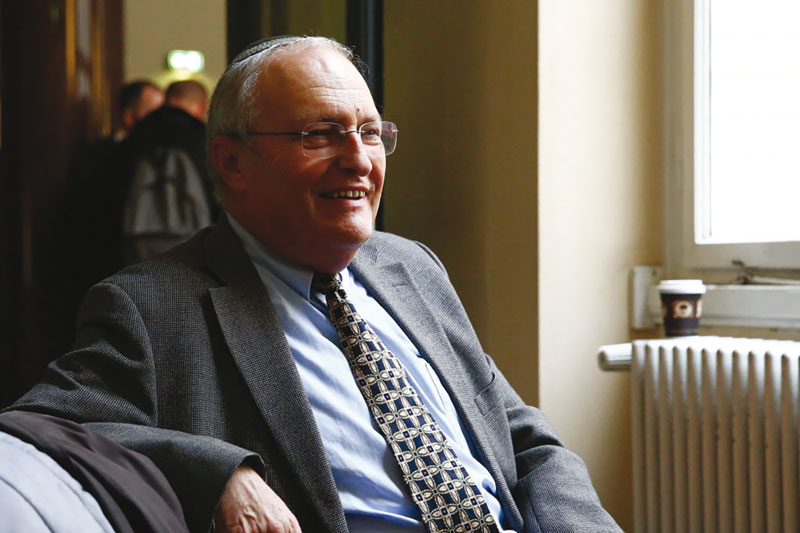
Zuroff’s papers include the best collection of documents on Lithuania war criminals, a subject he followed assiduously and wrote about most prolifically.
His papers include the documents relating to Aribert Heim, MD, the Nazi physician at Mauthausen.
They also contain the global results of Operation Last Chance, that include Nazi war criminals in 14 countries including Latin America, where information is otherwise scarce.
These papers rightfully belong to the Simon Wiesenthal Center, which has supported his efforts for the past 38 years. Yet, because in all its greatness the Wiesenthal Center is not a research center with scholars routinely using its archives, I have an audacious request to make of the Center.
Please make these papers available at a major research center. Take out all the institutional correspondence and leave only the scholarly papers. The choices are natural: Yad Vashem in Jerusalem. the Jewish National Library also in Jerusalem, the United States Holocaust Memorial Museum in Washington, or even the Simon Wiesenthal Center in Vienna where Wiesenthal’s papers are held. Scholars come to do their research and future scholars will look back on this time and ask what was done – and not done – to bring the perpetrators to justice. What obstacles did Nazi hunters face? Who were their allies and who were their enemies? What was the role of the United States? What was the role of Israel? What was the role of the perpetrator countries and the host countries in which the criminals later found a haven?
Zuroff did his work in three distinct eras. He began his work well after the Nuremberg trials of the 1940s, after the Eichmann trial of 1960, and after the Frankfurt Auschwitz trial of the 1970s. He began during the Cold War, during Communism. He then worked during an era where there were newly emerging democratic countries who were willing, some for the first time, to consider their own histories, within limits, even truthfully. And in recent years he worked when nationalistic fervor in some countries was making heroes of national leaders regardless of their record regarding Jews during World War II, encountering clashes between nationalistic memories and historical reality. His book “Our People: Discovering Lithuania’s Hidden Holocaust,” written with Ruta Vanagate about their journey to sites of the Holocaust by Bullets in Lithuania is but one example. Vanagaite’s fate: her books were banned, her colleagues abandoned and scorned her. And his fate as one of the most hated men in Lithuania is instructive.
Readers of his papers will also encounter some unpleasant Jewish truths. Indifference on the part of some Jewish leaders, ambivalence on the part of Israeli leaders who were reticent to confront some nations lest they disturb diplomatic relations and national interests. All of these will be important for scholars to research as they look back dispassionately and with some distance on the events of our time.
They will also discover how a dogged activist can use historical knowledge and contemporary media to stir interest in seeking justice, the lessons to be learned, and actions to be copied or avoided.
They will also discover how a dogged activist can use historical knowledge and contemporary media to stir interest in seeking justice, the lessons to be learned, and actions to be copied or avoided.
In short, the Simon Wiesenthal Center, which supported his activities for so many years, has one final obligation to history and its own historic role: first preserve these records.
It would be most gracious if they were to make them available to a research institution where scholars could freely access them.
I am reminded of the Mishnah in Pirkei Avot. Rabbi Tarfon said: “You are not required to finish your work, yet neither are you permitted to desist from it.” Zuroff’s work is not finished, he will continue in a private capacity or in some future public role, but if his papers are preserved and accessible, then others can also continue his work.
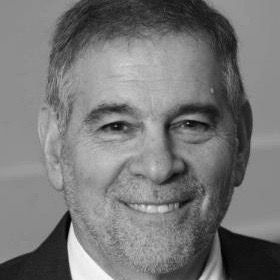






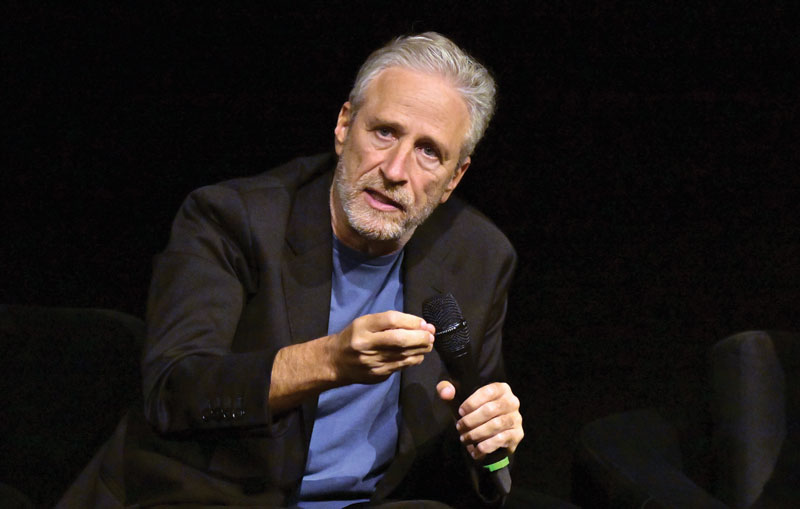

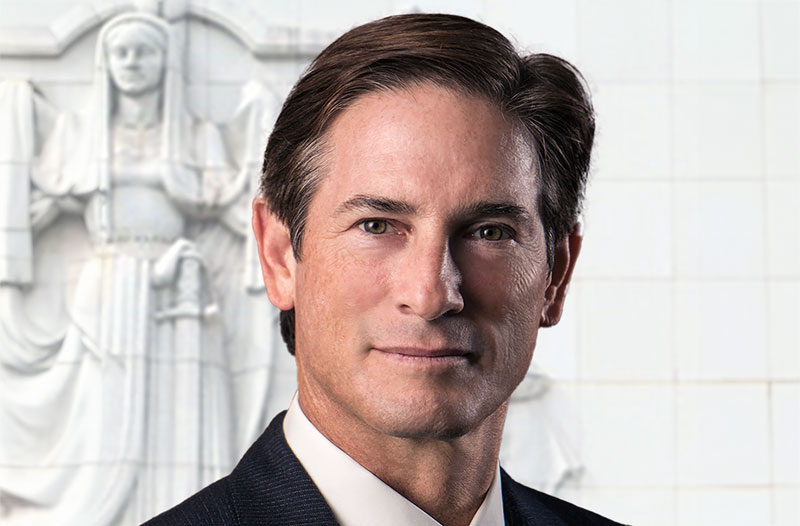
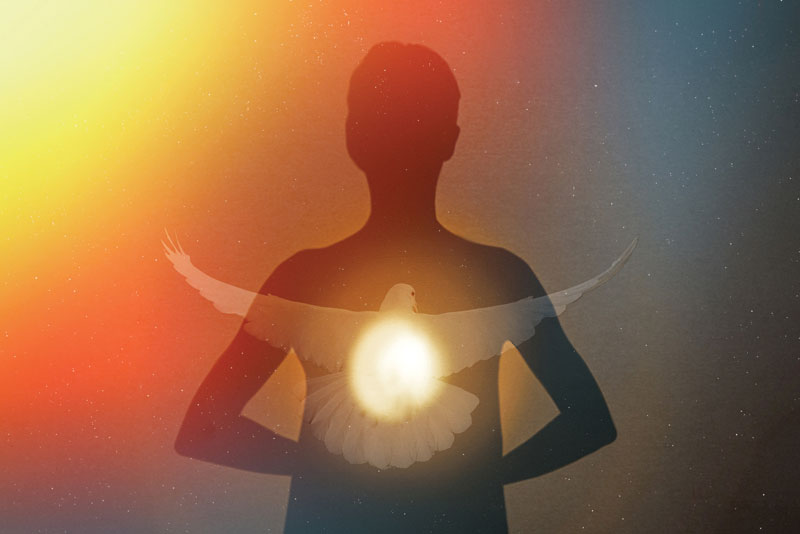
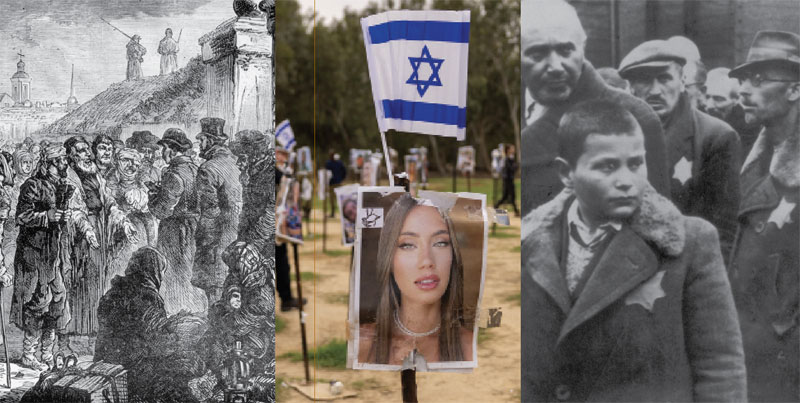

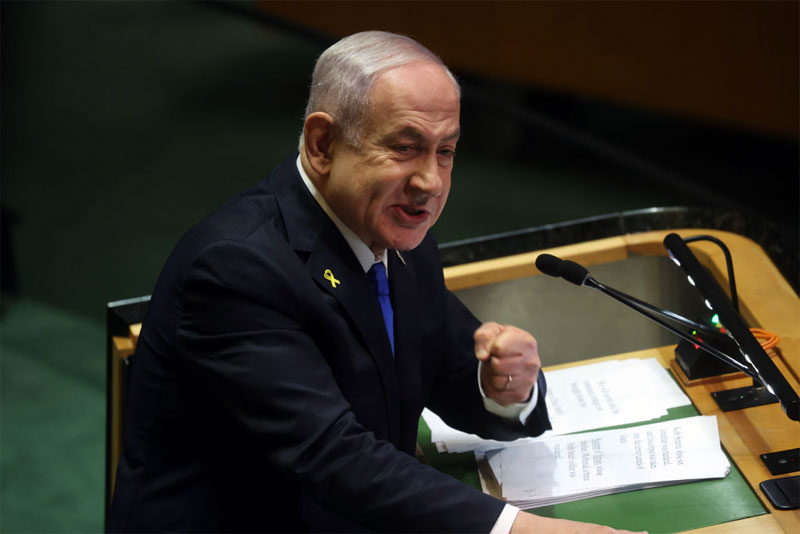
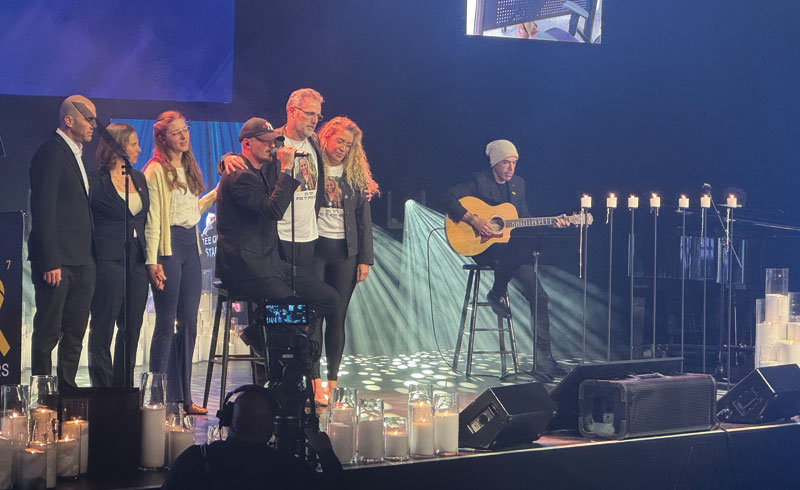
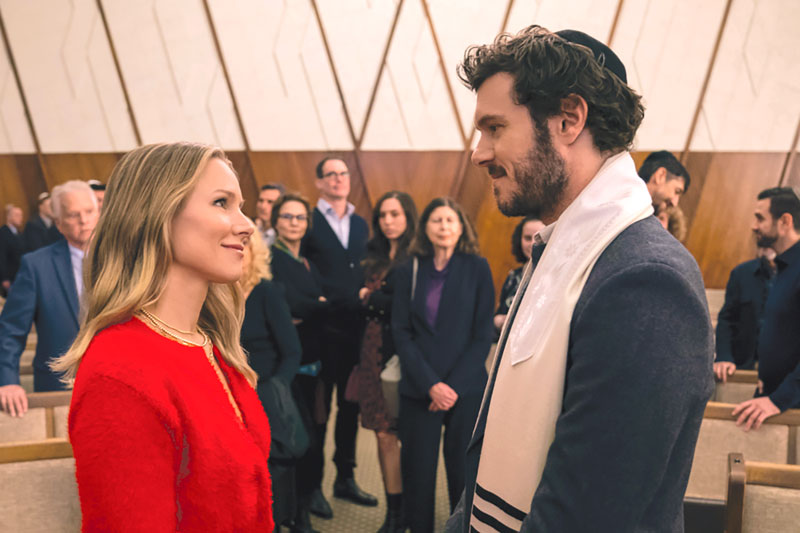
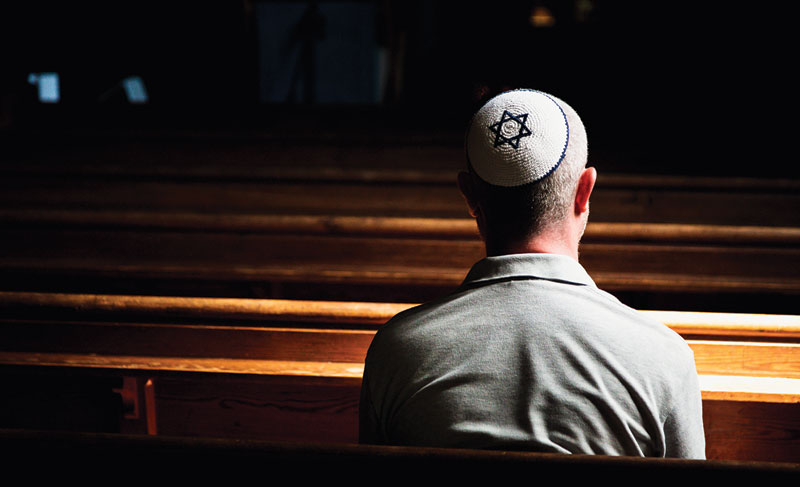



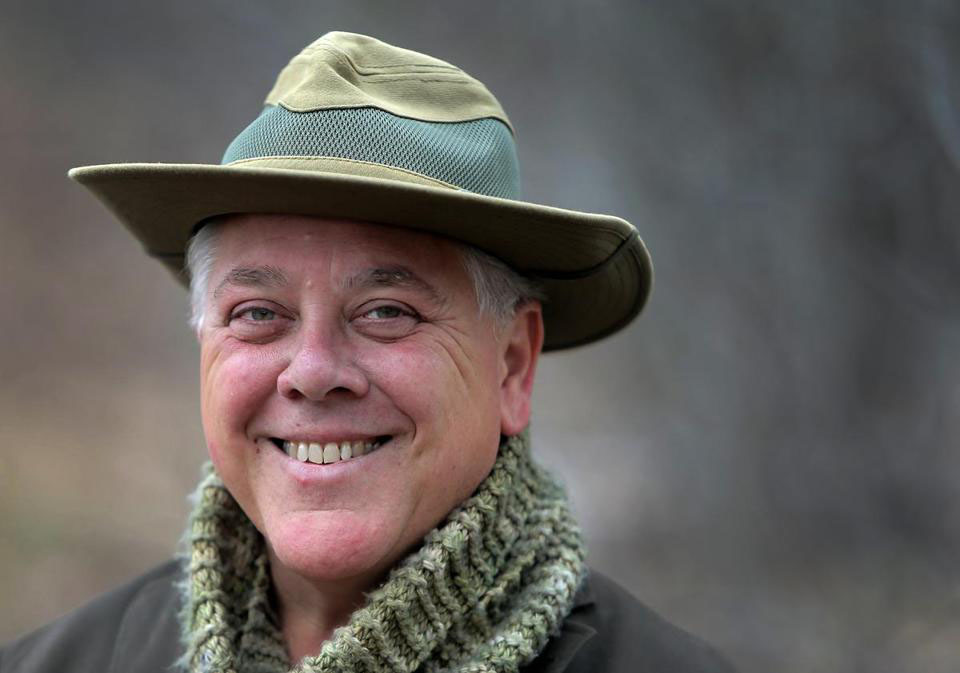
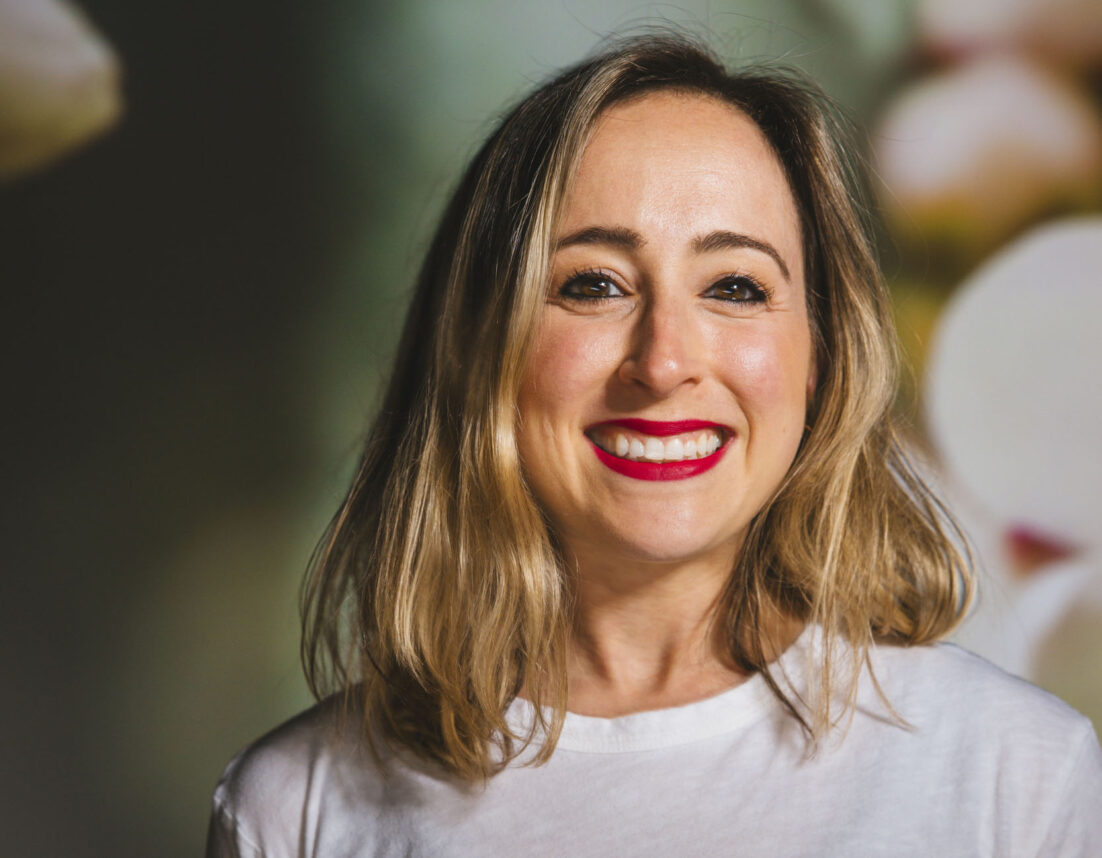
 More news and opinions than at a Shabbat dinner, right in your inbox.
More news and opinions than at a Shabbat dinner, right in your inbox.